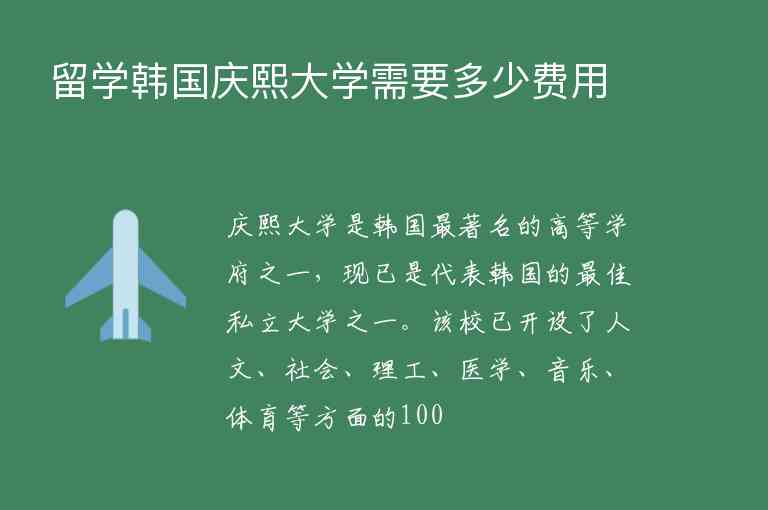股份有限公司是一种企业组织形式,通常由多名股东共同出资组建,并通过发行股份的方式筹集资金。股份有限公司的特点是股东的责任仅限于其所持有的股份额,不承担公司债务。这种企业形式在和被广泛采用,也是许多和地区企业法律中常见的一种形式。
How to pronounce: [gǔ fèn yǒu xiàn gōng sī]
Usage: 股份有限公司可以通过发行股票来吸引投资者,并通过收益分红和升值来回报投资者。它也可以通过发行新股来增加资本金,扩大业务规模。
Example sentences:
1. 这家公司是一家股份有限公司,它的股东包括国内外多家知名投资。
This company is a joint stock limited company, with shareholders including several well-known domestic and foreign investment institutions.
2. 我们决定将我们的私人企业改组为一家股份有限公司,以便更容易融资。
We have decided to restructure our private business into a joint stock limited company in order to facilitate fundraising.
3. 这家上市公司是一家非常成功的股份有限公司,在过去几年里每年都实现了稳定增长。
This listed company is a highly successful joint stock limited company, achieving stable growth every year in the past few years.
4. 作为一名股东,您有权利参加公司的股东大会,并对公司的重大决策提出意见和建议。
As a shareholder, you have the right to attend the shareholders' meeting and voice your opinions and suggestions on major decisions of the company.
5. 这家股份有限公司的股票在上市后迅速受到投资者的青睐,市值已经超过了10亿美元。
The stocks of this joint stock limited company have been highly sought after by investors since its listing, with a market value of over 1 billion dollars.
Synonyms and usage: 股份有限公司在不同和地区可能有不同的名称,在英国被称为"limited company",在美国被称为"corporation"。它也可以与其他企业形式相结合,如合伙人制度或个人独资企业。但是与其他企业形式相比,股份有限公司具有更大的灵活性和吸引力,因为它可以通过发行股票来吸引更多投资者,并且股东的责任有限。
